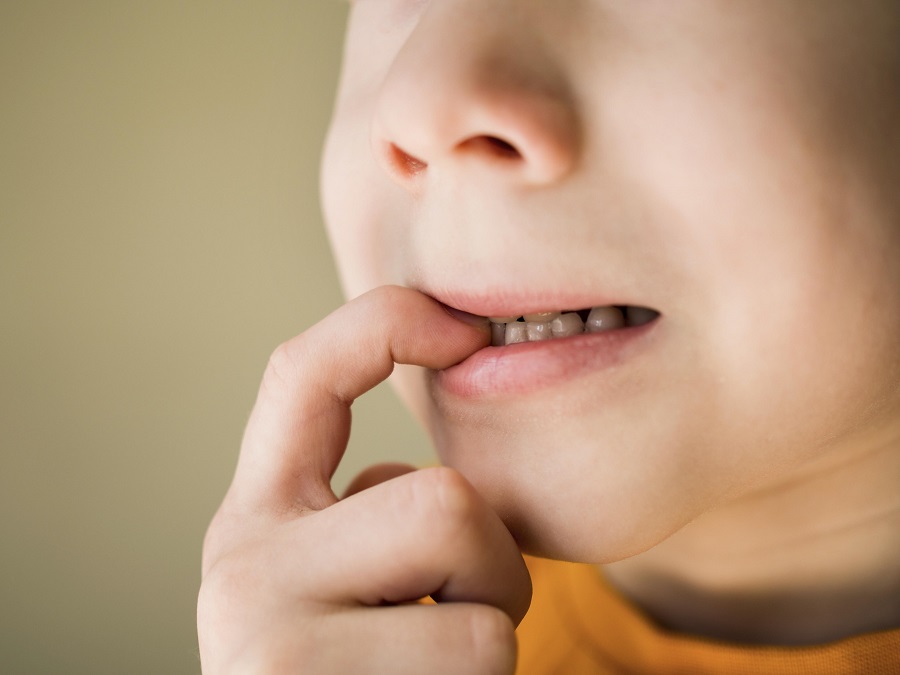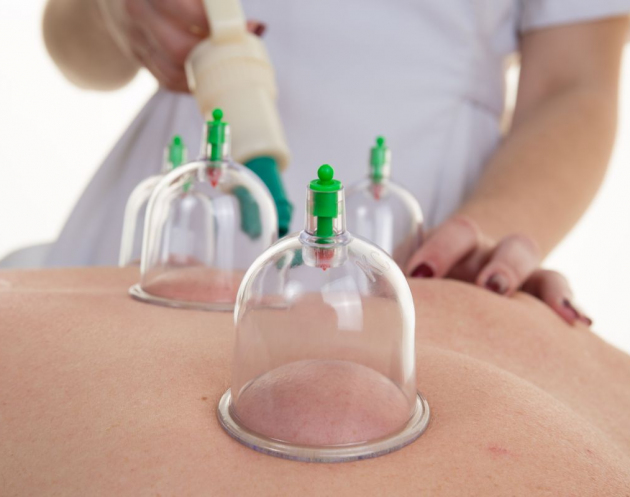Nail biting is a very common habit. In reality it is a real behavioral disorder which, in addition to having bad consequences on an aesthetic and hygienic-sanitary level, hides a real discomfort. It mainly affects children and teenagers but, if not dealt with seriously, it is a disorder that can continue into adulthood. Let’s go to the discovery of its causes and the remedies that can be put into practice.
What is Onychophagy
Nail biting is a compulsive disorder that leads the patient to gnaw their nails. In severe cases, the onychophagus nibbles not only the nails but also the surrounding cuticles and cuticles.
It is a disease that can affect adults and children alike.
This unhealthy habit manifests itself mainly in periods of strong and stress or nervousness, but also anger and boredom. In essence, it is the manifestation of a deeper discomfort.
Meaning
The word “onychophagy” indicates a rather common disorder: that of biting one’s nails.
It is considered an “impulse control disorder” and is generally classified among the behavioral and emotional disorders that occur during childhood and adolescence (in fact it is found in 30% of children between 7 and 10 years of age and in 45% of adolescents); but if neglected it can also last until adulthood.
Onychophagy and psychology
According to the Freudian theory, the habit of biting the nails is connected to a sort of oral fixation, since it mainly manifests itself with the obsessive stimulation of the area.
Bringing something to the mouth also recalls, metaphorically, the experience of breastfeeding . By parallelism, onychophagy is used precisely to obtain the same calming effect.
Symptoms of nail biting
Two actions can be recognized:
- Preliminary phase: it is the detailed inspection (visual or tactile) of the nails and surrounding tissues, to search for any defects to be eliminated
- Action: biting and gnawing on the nail plates, but also the surrounding cuticles and skin
Causes of Onicofagia
The most frequent reasons are:
Situations of anxiety and stress: in particularly stressful situations, the onychophagus tries to relieve worries and relieve nervousness, releasing tension by biting the nails. The relief is, however, momentary
Self- harm: some scholars have seen in onychophagy an expression of aggression. For example, shy and submissive subjects who express their anger by turning it towards themselves
Imitation of other family members: this is the case of children who, seeing their parents or older siblings biting their nails, imitate their gesture without any psychological motivation
Boredom: this is certainly not a triggering cause; but those affected by this disorder can hardly control the urge to bite their nails in moments of inactivity (while watching TV, on the train, during long and boring events, waiting on the phone …)

Consequences
In both mild and severe cases, nail biting has the following consequences:
- pain and bleeding resulting in the easy onset of infections by viruses and bacteria
- gum and dental injuries , such as wear of the incisors, the more frequent appearance of caries and malocclusion of the anterior teeth
- development of infections in the mouth as hands and nails are never perfectly sanitized, especially when you are away from home, and therefore you risk carrying microorganisms that settle under the nails in the mouth
- stomach damage , if nail residues are ingested
- deformation of the fingers and normal nail growth
On an aesthetic level, certainly the hands of an onychophagus are certainly not a good business card. But not only that, they are the spy of a person who is unable to manage anger or stressful situations or to control states of anxiety or severe boredom
How to quit
For a definitive resolution of the problem it is necessary to work on the cause, perhaps even through a psychological path.
However, it is still possible to remedy the compulsive gesture, especially to limit its harmful consequences.
Here are the most common remedies to stop nail biting:
- apply an extremely bitter-tasting glaze . It is a compound that can be purchased in pharmacies usually based on denatonium benzoate
- apply bandages on the fingertips
- always keep your nails short and well trimmed
- resorting to nail reconstruction , a technique that is mostly aesthetic and in vogue lately that can be used especially if the problem creates social discomfort
- exercise , which has always been a great way to relieve stress, anger and nervousness
- chewing sugar-free chewing gum or a licorice stick when you feel the need to bring your fingernails to your mouth
Severe nail biting
All the above remedies have practical value but do not solve the underlying problem. They are therefore especially useful in mild cases.
In the most serious, if not very serious situations, it is advisable to go to the root of the problem.
With the support of a psychotherapist, it is possible to deal with this behavioral disorder by controlling the stimuli and managing the series of emotional factors that bring it into being.
Onychophagy in children
Just like adults, children can adopt the unhealthy habit of gnawing fingers and nails, especially in times of high stress or boredom. Indeed, it is a behavioral disorder that tends to characterize children and adolescents.
Infantile onychophagy is often caused by uneventful family situations in which quarrels and conflicts are constant. And again, it is a disorder that can occur in conjunction with situations that radically change the daily life of children: it is the case of the arrival of a little brother or sister, the separation of parents, a move, the change of school, a bullying problem …
Parents’ excessive expectations of their child are also a source of anxiety and exaggerated sense of competition.
Whatever the original source, the problem appears when the child feels sad, disappointed or angry.
Since onychophagy can then continue into adulthood, it is good that parents, educators and teachers are careful to observe the presence of the disorder in adolescents and children. The aim is to take the situation in hand in time and try to understand the underlying reasons , in order to solve the fundamental problem and avoiding that the unhealthy habit degenerates and continues over the years.

How to behave
In the presence of nail biting in the child, here are some tips on how to behave:
- do not scold the child and do not blackmail him
- talk to the child, perhaps even with the help of a psychotherapist or a developmental psychologist, go in search of the source of the discomfort
- reassure the child by asking him, from time to time, what he feels and explaining that negative feelings are also part of human nature and must be expressed
- help the child to release anxiety and aggression with sports, music, creative workshops….




